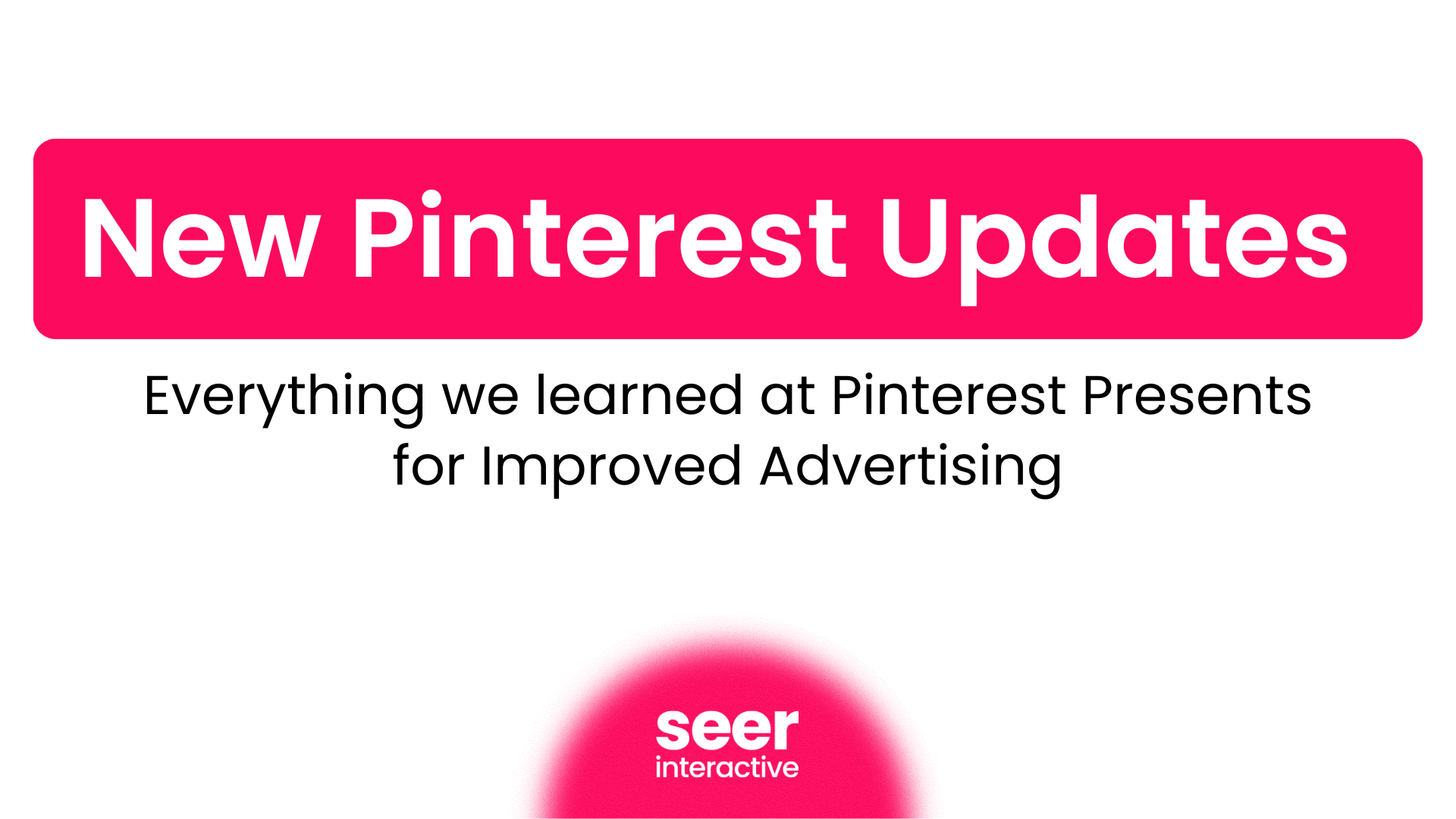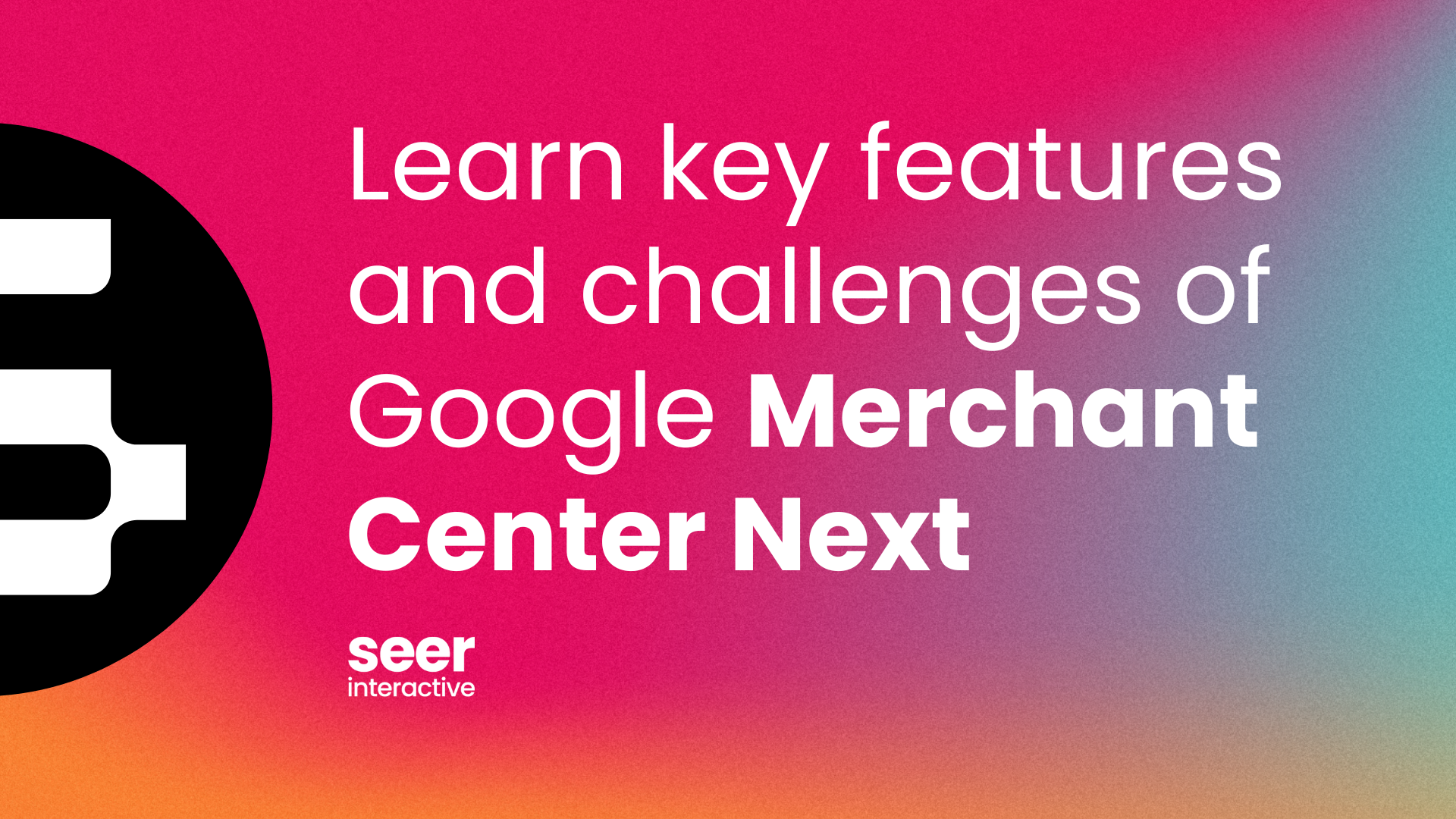Following best practices in paid search can sometimes feel mechanical. There are certain settings that apply to almost every account (such as turning off the content network on new search targeted campaigns) and I've often found myself implementing these best practices without really thinking about why they are being implemented in the first place. Turning off the content network on campaigns built for search may not be the best example because it is pretty obvious why you wouldn't want to leave the content network on, unless that campaign was built specifically to run on content sites.
Another best practice I've found to be equally as mechanical but not necessarily quite as obvious is eliminating research stage keywords from paid search traffic. This is especially true for e-commerce accounts. One of the first things I do when building a new e-commerce campaign is to add words like reviews, how to, vs., versus, compare, etc. to my campaign negative keyword list. Upon first glance, this seems to make perfect sense. There are four steps in the buying cycle, and it doesn't make sense to pay for traffic from consumers in the early stages of the process. Or, does it? For example, let's say that I'm thinking of buying a new pair of Repetto ballet flats. According to the buying cycle, I'm likely to go through the following 4 steps:
1. Awareness: Maybe I read a cool article about Repetto ballet flats. 2. Interest: The article was cool. I'm interested. At this point, I start doing online research. How much, what style, where to buy, etc. 3. Desire: I've checked out the Repetto home page and read some product reviews and at this point I like what I've learned about the brand, and I think I'd like to have a pair of Repettos. 4. Action: I decide on a store and purchase the shoes.
So, let's say I'm in stage 2 and I'm interested in reading some reviews. I go to Google and search for some variation of “Repetto reviews”. Here is what I might see

First of all, you'll notice that there are only two paid search ads because most of the companies running paid search campaigns for their Repettos added “reviews” as a negative keyword. The organic results provide some options for me to read some product reviews, but the two paid search ads that do appear are not well targeted to my query so I'm not likely to start there. If I saw an ad like this, though, I would be far more likely to click the ad:

Now, this is just an ad that I wrote in the iGoogle AdWords Composer Tool. But, let's imagine that I actually had a client who sold Repettos and this was an actual product review written by a customer on their website. In this case, I'm writing a highly targeted ad (good CTR â check!) that contains actual copy from my website (good Quality Score â check!). When the customer arrives at my site by clicking the ad, they are in stage 3 of the purchase process. The only remaining stage is the actual purchase, which is a decision that can be made right on the landing page after reading some of the reviews. I'm not saying that I plan to throw the practice of eliminating research keywords from my paid search traffic out the window completely. For a brand like Repetto with a lot of search volume, it might not be entirely appropriate to include research stage traffic because I'd most likely be generating enough qualified traffic from stage 4 oriented keywords like buy Repettos. But in the case of smaller, niche brands and products without a great deal of traffic or competition (and therefore lower CPCs), the paid search account might benefit from pulling in this stage 3 traffic because it represents a branding opportunity and also increases traffic in a way that is qualified and useful to the consumer.

